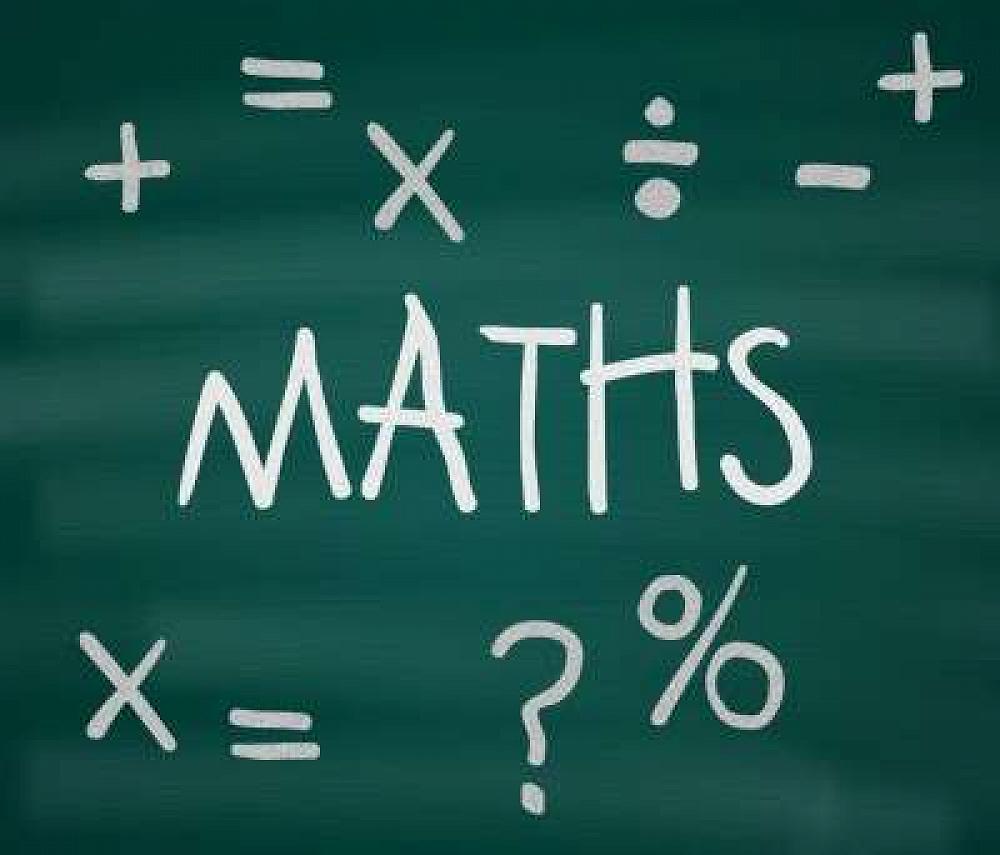
DMIC - DEVELOPING MATHEMATICAL INQUIRY COMMUNITIES
East Taieri is in our third year of a Mathematics Professional Learning programme. This programme is co-lead by Professor Bobbie Hunter and Dr. Jodie Hunter from Massey University.
What is DMIC?
Developing Mathematical Inquiry Communities (DMIC) is a model of ambitious mathematics teaching. It is co-led by Professor Bobbie Hunter, and Dr Jodie Hunter of Massey University. Bobbie and Jodie bring their Cook Islands heritage, mathematics education, professional learning, and theory-to-practice expertise to this collaborative and culturally responsive pedagogy. Professor Hunter received a special award acknowledging excellence in educational leadership and mathematics education from the Cook Islands' government in August 2015.
Dr Jodie Hunter's expertise in developing early algebraic reasoning in children, pedagogical capability of teachers and new approaches to lesson study for sustainability is informing the approach to Developing Mathematical Inquiry Communities.
This approach is informed also by Professor Glenda Anthony, lead writer of the New Zealand Effective pedagogy in mathematics/ pāngarau Best evidence synthesis (BES) and of the summary of that BES commissioned by the International Academy of Education and UNESCO.
Glenda, Bobbie and Jodie have each individually received the Beth Southwell Practical Implications Award from the Mathematics Education Research Group of Australasia. They have been the only New Zealanders to receive the award in the 25 years since it began.
In 2018 DMIC received a research award from Mathematics Education Research Group of Australasia for the sustained program of research focused on how best to support teachers’ and students’ (particularly Pāsifika, Māori and other minoritised groups) learning in complex social-political settings.
Is DMIC permanent?
DMIC is based on years of empirical research from NZ and abroad into effective pedagogy and practice. There is more than 16 years of research from New Zealand studies and built around the best practices internationally. The Education Review Office (ERO) recommendations direct schools to implement mathematics programmes based around the core principles of DMIC
Is DMIC specific to maths?
DMIC focuses on inquiry learning, building student agency, conceptual understanding and mathematical proficiencies. However, the teaching practices and pedagogy entwined within this approach are proven to be effective across the curriculum. Both students and teachers quickly begin to use what is learned in mathematics in other curriculum areas.
Does this cater for all learning styles and all students?
Yes. DMIC is a fully inclusive approach to teaching mathematics that leaves no student out. It requires recognition and development of a range of mathematical proficiencies, skills and experiences. DMIC requires teachers to set problems for students that no one student can answer on their own. The problem must draw on multiple strengths and areas of expertise and draws on family and community knowledge. It lets the students understand that maths is everywhere in their lives, not just something they do at school. As children work together they learn pro-social skills not anti-social skills, and inclusive and respectful learning cultures are created. Students become flexible thinkers and open to others’ perspectives. The focus is on explaining and justifying their maths thinking.
How does DMIC lead into more advanced maths?
DMIC encourages a more flexible approach to mathematics. The key focus is big mathematical ideas which underpin all mathematics, and will lead to accelerating learning when implemented. Furthermore, there is a focus across mathematics rather than only teaching number. The mathematical ideas which underpin geometry, measurement, statistics and algebra are key alongside mathematical practices, rather than a narrow focus on number.
Does DMIC also extend the high achievers?
DMIC extends every student and every student is recognised as bringing a range of strengths and capabilities to mathematics. Through mathematical inquiry students engage in the use of mathematical practices such as generalising, reasoning, explaining, justifying, representing thinking and questioning.
Does DMIC follow through to teaching of intermediate and secondary students?
This way of teaching and learning mathematics applies to students at pre-school, primary, secondary, tertiary and beyond. DMIC has been implemented in a range of primary, intermediate and secondary schools right across New Zealand. Students are given high-level, challenging problems to solve collaboratively. The problem must draw on multiple strengths and areas of expertise. NCEA mathematics is based on similar problems and mathematical practices, with students required to explain, justify, and generalise their thinking. Students are better equipped for thinking and reasoning through having learnt these practices at primary and intermediate school.
What’s the difference between DMIC and maths from the past?
Traditionally, mathematics has involved teachers instructing students in a rigid manner to achieve a narrow focus of knowledge and understanding to students. Developing mathematical inquiry is closer to how real mathematicians problem solve. Mathematics hasn’t changed, but the way that we’re teaching has.
